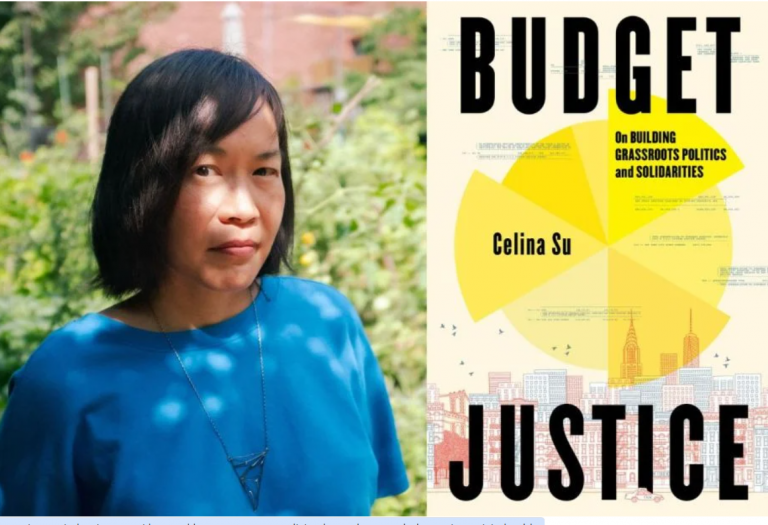To Achieve Budget Justice, Cities Must Be Ready For The Mess
How might everyday city residents begin to demand transparent, equitable city budgets and fight austerity? In my book “Budget Justice: On Building Grassroots Politics and Solidarities,” I examine real-life struggles for city budgets that give everyone, especially those from historically marginalized communities, resources and power to address their needs.
Part of the book draws upon a decade of fieldwork on participatory budgeting —in which everyday residents, not just elected officials and civil servants, allocate public funds. Since the 1990s, more than 11,000 cities and communities around the world have turned to participatory budgeting to hold local governments accountable.















